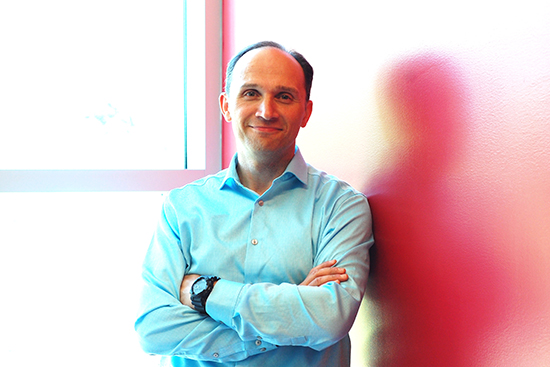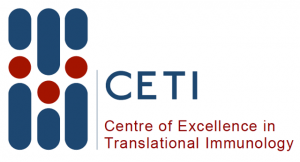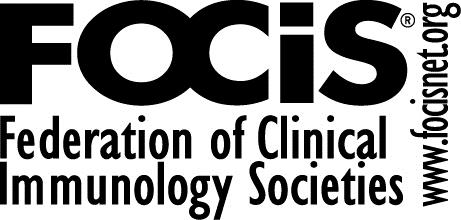 Source: RI-MUHC
Source: RI-MUHC
An interview with Dr. Ciriaco Piccirillo
One of four Federation of Clinical Immunology (FOCiS) centres of excellence in Canada and nearly 75 worldwide, the Centre of Excellence in Translational Immunology (CETI) in Montreal is gaining new momentum. Its director, Dr. Ciriaco Piccirillo, a professor of microbiology and immunology at McGill University and senior scientist at the Research Institute of the McGill University Health Centre (RI-MUHC), finds that members now benefit from the concentration of state-of-the-art technology and expertise at the Glen site, CETI’s base.
With its first Annual Research Day set for December 1, we sat down with Dr. Piccirillo to learn more about CETI.

Dr. Ciriaco Piccirillo: When you stop to think about the top 10 diseases affecting Canadians – and these include cardiovascular diseases, allergies, cancers, infections, and autoimmune disease like diabetes – one common feature is that all these diseases are either driven or sustained by impairments in the immune system. Since the RI-MUHC is at the forefront of research on medical intervention, we must strive to understand the pathophysiology of these diseases to best treat and diagnose patients. The only way we can accomplish that is if we can bring together a critical mass of experts from different fields, with the common goal of understanding immune-mediated diseases. CETI does just that: it first brings these experts at the RI-MUHC together, and then serves as the catalyst for innovative and collaborative immune-based research ideas to flourish.
 How does the establishment of CETI strengthen the FOCiS Centre of Excellence, or FCE, at the RI-MUHC?
How does the establishment of CETI strengthen the FOCiS Centre of Excellence, or FCE, at the RI-MUHC?C.P.: The FCE at the RI-MUHC was officially established in 2004, but for many years it was run virtually, with investigators located at different sites across Montreal. With the move to the Glen site in 2015, my goal was to reorganize our FCE within the confines of the MUHC super-hospital, and create a critical mass of researchers around defined medical problems. This reorganized and revitalized FCE is now referred to as CETI. It’s a formal institutional setup that favours interactions and collaborations among clinicians and investigators in different research disciplines. At the RI-MUHC, investigators are currently grouped into eight research programs, based on their main field of study: neuroscience, oncology, cardiovascular diseases, respiratory diseases, metabolic disorders, infectious diseases, child health or injury repair. A distinct feature of CETI is that it is the first inter-program research initiative at the RI-MUHC, which means that it brings together investigators from all eight research programs to work with a common goal: to understand the cellular and genetic underpinnings of immune-mediated diseases, and develop new diagnostic and therapeutic approaches to improve patient care.
What is the benefit of being a member of CETI?
C.P.: Simply put: there is strength in unity and in diversity. As a member of CETI, you are a member of a team, and a team-based research approach translates into an increased likelihood of securing grant funding, recruiting and co-mentoring top trainees, and establishing fruitful collaborations with other investigators.
How does a trainee or investigator go about becoming a member of CETI?
C.P.: CETI is currently comprised of approximately 40 investigators at the RI-MUHC, as well as from McGill, the Jewish General Hospital and other Montreal-based research units, but we are looking to grow. If you would like more information about CETI’s ongoing research projects or would like to inquire about becoming a member, please direct your questions to FCE@mcgill.ca.
Learn more about the First Annual CETI Research Day here.
November 28, 2017
